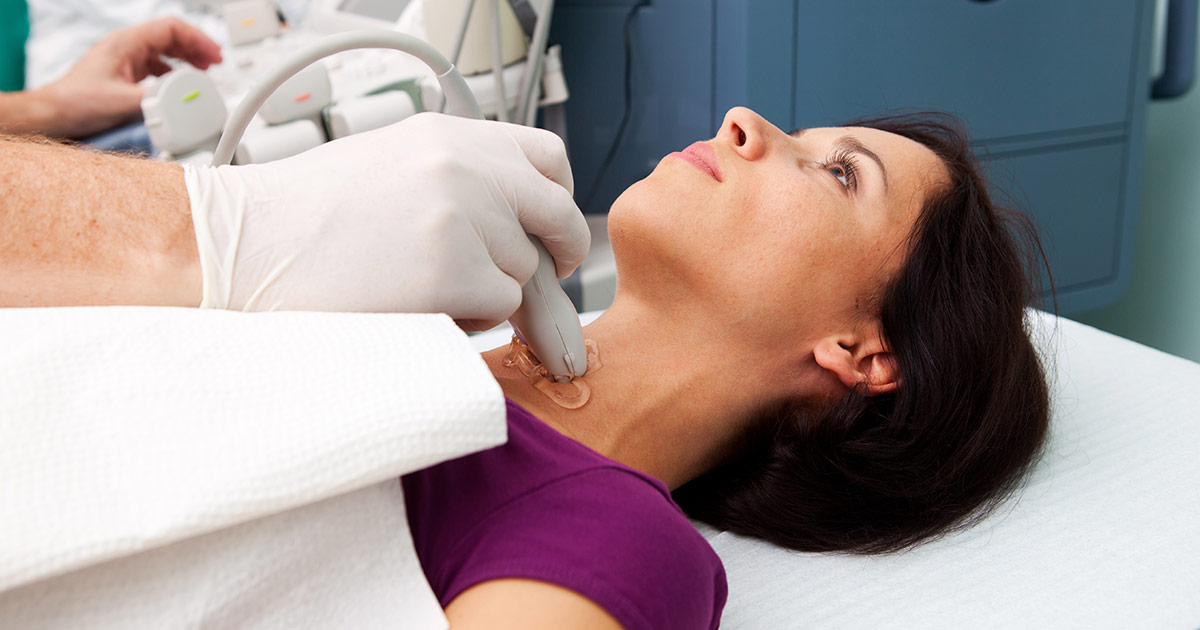Table of Contents
Understanding your body’s inner workings is essential for maintaining good health, and hormone and thyroid testing plays a crucial role in achieving that balance. Hormones are chemical messengers that influence nearly every function in the body—from metabolism and mood to reproductive health and energy levels. Among them, thyroid hormones are particularly vital, regulating how your body uses energy. If something is off in your hormone or thyroid levels, the effects can be far-reaching.
In this article, we’ll explore what hormone testing and thyroid testing involves, why it’s important, who should consider testing, and how it can help you take control of your health.
What Is Hormone Testing?
Hormone testing measures the levels of specific hormones in your body. These may include:
- Estrogen and progesterone: Important for female reproductive health.
- Testosterone: Essential for male health but also present in women.
- Cortisol: The primary stress hormone.
- Insulin: Regulates blood sugar.
- DHEA: A precursor to other hormones, produced by the adrenal glands.
- FSH and LH: Control reproductive cycles and fertility.
These hormones are typically tested through blood, saliva, or urine samples, depending on the type of hormone and the purpose of the test.
What Is Thyroid Testing?
Thyroid testing evaluates how well your thyroid gland is functioning. Located in your neck, the thyroid produces hormones like:
- Thyroxine (T4)
- Triiodothyronine (T3)
- Thyroid-stimulating hormone (TSH)
Together, these hormones regulate metabolism, heart rate, body temperature, and more. Thyroid tests help diagnose conditions such as hypothyroidism (underactive thyroid), hyperthyroidism (overactive thyroid), Hashimoto’s disease, and Graves’ disease.
Why Hormone and Thyroid Testing Matters
When hormone levels are out of balance, the symptoms can be subtle but impactful. Common signs include:
- Fatigue and low energy
- Weight gain or loss
- Anxiety, depression, or mood swings
- Irregular menstrual cycles or infertility
- Hair thinning or loss
- Insomnia or poor sleep quality
- Reduced libido
- Poor concentration or “brain fog”
Thyroid imbalances, in particular, often mimic other conditions, making it hard to diagnose without proper testing. That’s why comprehensive hormone and thyroid testing can be life-changing—it helps pinpoint the root cause of symptoms and guides personalized treatment.
Who Should Get Tested?
Hormone and thyroid testing isn’t just for people with obvious symptoms. Many people walk around for years with undiagnosed hormone imbalances. You should consider testing if you:
- Are over 35 and experiencing fatigue or mood changes
- Have a family history of thyroid or hormone disorders
- Are struggling with weight management
- Experience menstrual irregularities or fertility issues
- Are dealing with chronic stress or adrenal fatigue
- Have a known autoimmune condition
- Are entering perimenopause or menopause
- Want to optimize wellness and prevent disease
Early detection through testing can lead to more effective treatment and better long-term health outcomes.
Types of Hormone and Thyroid Tests
Here are some commonly used tests:
For Hormone Testing:
- Saliva hormone test: Measures free hormone levels; useful for cortisol and sex hormones.
- Blood hormone test: The most common method; measures total hormone levels.
- Urine hormone test: Offers a broader hormone profile over 24 hours.
For Thyroid Testing:
- TSH (Thyroid Stimulating Hormone): Indicates how well your thyroid is responding to pituitary signals.
- Free T3 and Free T4: Measures active thyroid hormone levels.
- Thyroid antibodies (TPO, TG): Used to detect autoimmune thyroid disorders like Hashimoto’s or Graves’ disease.
- Reverse T3: Helps assess how your body is converting T4 to T3, especially in cases of chronic stress.
Your healthcare provider may order a panel of these tests for a full picture of your hormone and thyroid function.
How to Prepare for Testing
Most tests are straightforward, but some may require preparation:
- Fasting: Some blood tests require fasting for accurate results.
- Time of day: Cortisol and some sex hormones vary by time of day, so samples may be scheduled accordingly.
- Medication: Inform your provider of any supplements or medications you’re taking that may affect your hormone levels.
Always follow the instructions provided by your lab or doctor to ensure the most accurate results.
Interpreting the Results
Once your tests are complete, your healthcare provider will go over the results with you. They’ll help identify whether your levels are within a healthy range and recommend treatment if necessary. Treatment options may include:
- Lifestyle changes: Diet, sleep, stress management, and exercise can significantly impact hormone balance.
- Supplements: Specific nutrients like iodine, selenium, or vitamin D may be prescribed.
- Bioidentical hormone therapy: For men and women experiencing low hormone levels.
- Thyroid medications: Such as levothyroxine for hypothyroidism or beta-blockers for hyperthyroidism symptoms.
The goal is not just to normalize lab values but to help you feel your best.
Taking Charge of Your Health
Hormone and thyroid health are foundational to overall well-being. Regular testing can offer clarity when you’re feeling “off” or struggling with unexplained symptoms. With the right information and medical guidance, you can take control of your hormonal health and enjoy better energy, mood, and vitality.
If you’re experiencing persistent symptoms or just want to understand your body better, talk to your doctor about comprehensive hormone and thyroid testing. It’s one of the most empowering steps you can take toward a healthier life.

